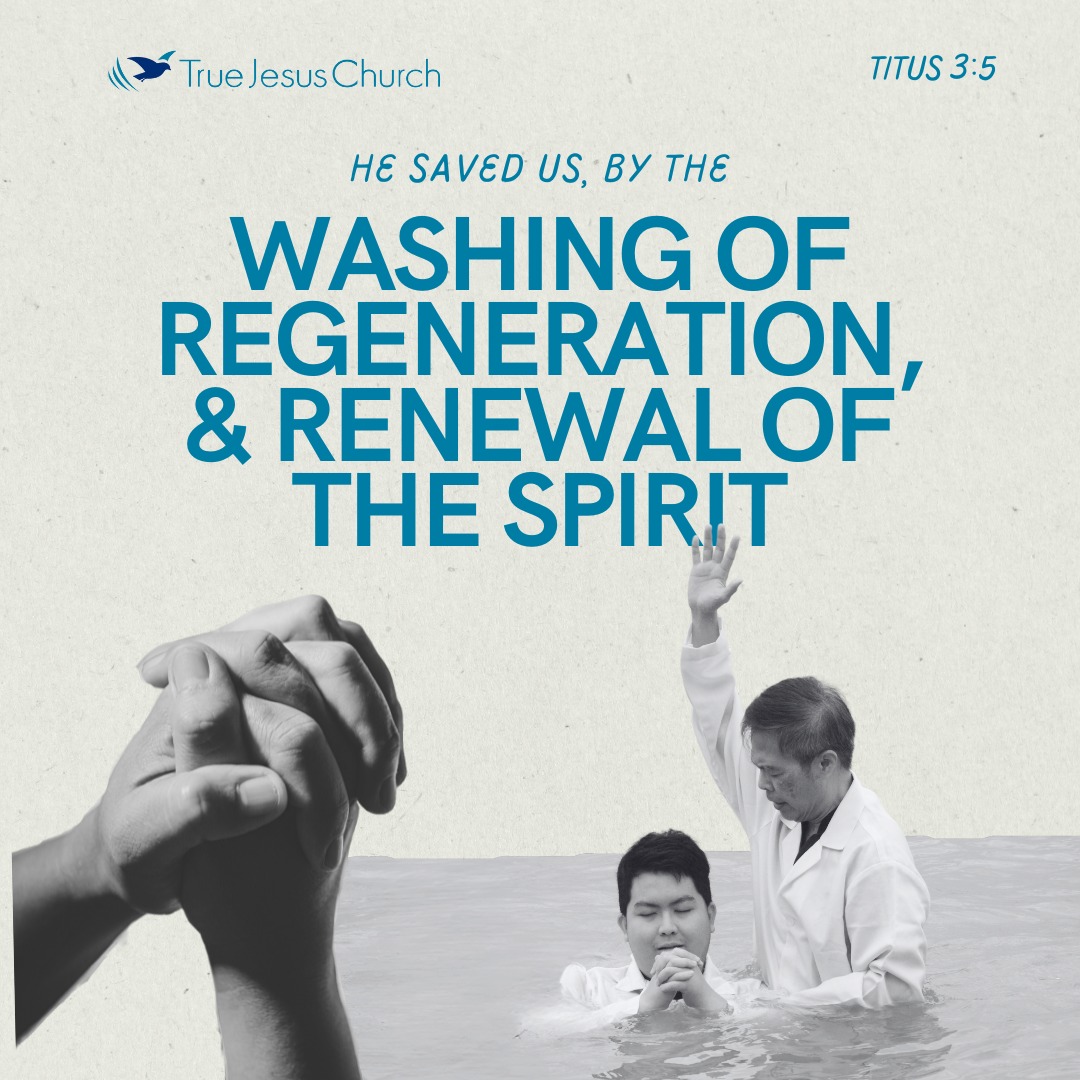
Titus 3: Good works and salvation
We who profess to know God must through our actions show that we know Him (cf. Titus 1:16).
And who is He? God is a God of goodness and love. As His disciples, we are hence redeemed by Jesus to be zealous for good works, whether it be by loving God or by loving our neighbour as ourselves (Titus 2:14; Matthew 22:37-40).
Unfortunately, because of the Bible’s constant call for us to do good, some Christians wrongly assume a causal relationship between doing good and our salvation.
They think one is saved because one does good. As if the more good one does, the more one’s key into the kingdom of heaven comes into being, its spiritual molecules coalescing into that everlasting key, one good deed at a time.
This concept is wrong.
While doing good works ought to be the natural consequence of being saved by Jesus Christ, it is not the reason why we are saved.
I am not saved because I do good works.
I do good works because I am saved.
Titus 3:4-5 reiterates: “But when the goodness and loving kindness of God our Savior appeared, he saved us, not because of works done by us in righteousness, but according to his own mercy, by the washing of regeneration and renewal of the Holy Spirit” (ESV).
According to this verse, God saves us, according to His mercy, NOT because of our good works. Instead, He saves us by
- The washing of regeneration, which refers to Water Baptism
- The renewal of the Holy Spirit
Let’s take a closer look at these two.
- The Washing of Regeneration
Those who have been baptized in the name of Jesus Christ for the forgiveness of sins (LINK for bolded part: https://youtu.be/yujLwRZVs80?si=7I9cjULdqKzCJL3T) according to the mode that the Bible prescribes, would have had their sins forgiven (see Acts 2:38, Romans 6:3-5; watch this video on Water Baptism and the forgiveness of sins: https://www.youtube.com/watch?v=QHjcrEdWdZg&list=PL5WaeSEYxX4O1wCz3EQVMHYgpKuQS6drS&index=3). Hallelujah!
However, a baptised believer is not just cleansed once at the point of baptism. In fact, the blood of Christ continually cleanses us whenever we sincerely repent before God in prayer (1 John 1:7-8).
For us believers, especially those who are edified at baptisms as we ponder over Jesus’ blood washing away sins, or touched as remember how angels rejoice over even one sinner repenting, what is our attitude towards repentance?
Voicing out one’s weakness, let alone admitting it to oneself, is hardly ever a pleasant experience. Some people would rather endure a treacherously difficult life than acknowledge wrong, as seen for one in marriages whose commitment spiral into eventual destruction because one party (or both) continuously refuses to admit one’s errors.
The washing of regeneration, though, saves us as we confess our sins to Jesus. We do not need to fear, wallow in self-pitying shame, or be reduced to despair, for He is faithful and just to forgive us (1 John 1:9).
As we repent, we can recall, praise, and trust that He redeems us.
- The Renewal of the Holy Spirit
During Jesus’ final instructions to His disciples before His crucifixion, He calls the Holy Spirit, whom they would soon receive (LINK for bolded part: https://www.youtube.com/watch?v=7Bu5_vsYjFI), their Helper (John 14:26).
The Holy Spirit is not a mere passport to heaven and guarantee of our heavenly inheritance (Ephesians 1:13-14), for He helps us in many ways today to renew our hearts.
For one, as Jesus said in His final message, the Holy Spirit “will teach you all things, and bring to your remembrance all things that I said to you”. (John 14:26)
By helping us remember the living words of Jesus, we have with us a mirror through which we understand ourselves and our thoughts, and how we can change ourselves to be better aligned to God’s heart (Hebrews 4:12; James 1:23-24).
However, especially in our weakest moment, we know there’s no point knowing what to do, but being strengthless to do it.
That’s where the Holy Spirit comes in. Beyond just helping us recall God’s righteous standards, the Holy Spirit gives us the divine power to put to death our sinfulness.
“For if you live according to the flesh you will die; but if by the Spirit you put to death the deeds of the body, you will live.” (Romans 8:13)
Elsewhere, the Bible says, “Walk in the Spirit, and you shall not fulfil the lust of the flesh.” (Galatians 5:16)
In addition to having faith, our choices should reflect a desire to be aligned with the Spirit and the word He gives us. The one who puts to death the deeds of the body is, as Romans says, you. We are the ones who ought to do, to walk.
What sins wear you down today? Do you have faith that you can overcome all your sins, addictions, and struggles?
With the Holy Spirit’s renewing power, we can believe that our efforts will be infinitely multiplied such that we can overcome our sin.
Remember that our God is not one who sits loftily on His throne, lazily mocking us as we thrash about violently in the seas of sin, unable to stay afloat with our pathetic efforts.
It is according to His mercy that He saves us.
Our God is eternally kind and understanding.
He sympathises with our weaknesses, and He says: Come boldly! Child, obtain mercy and find grace to help in your time of need. (Hebrews 4:16)